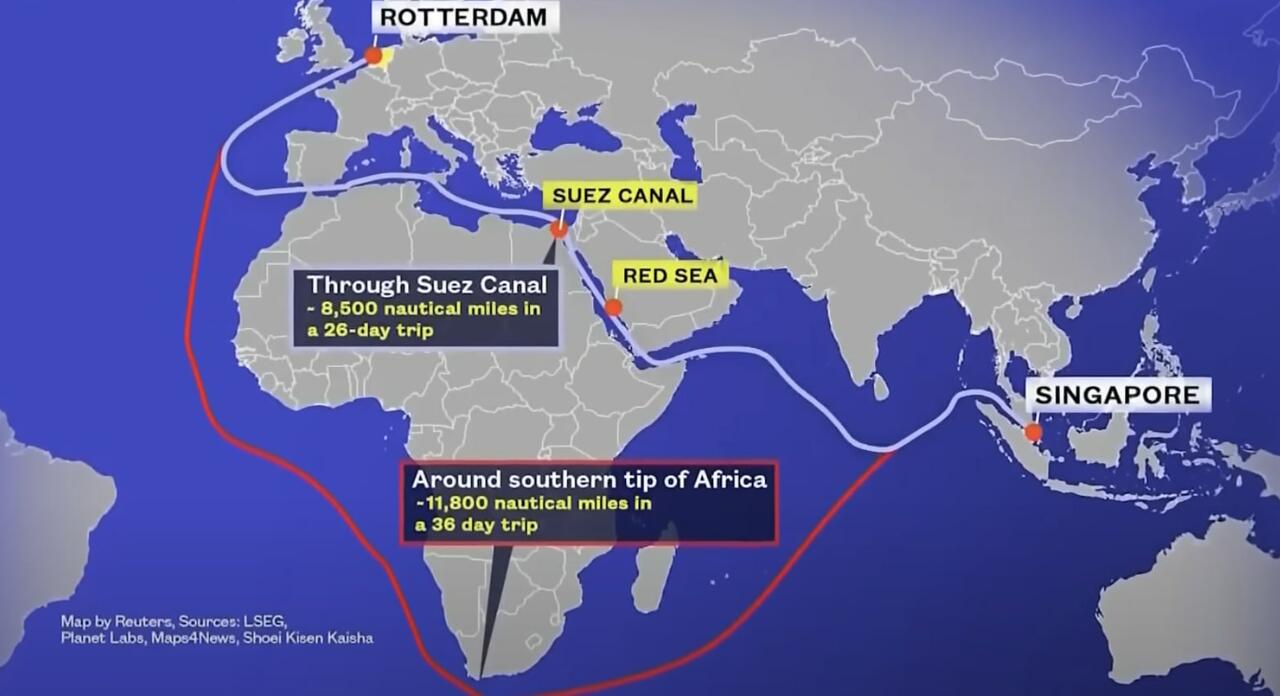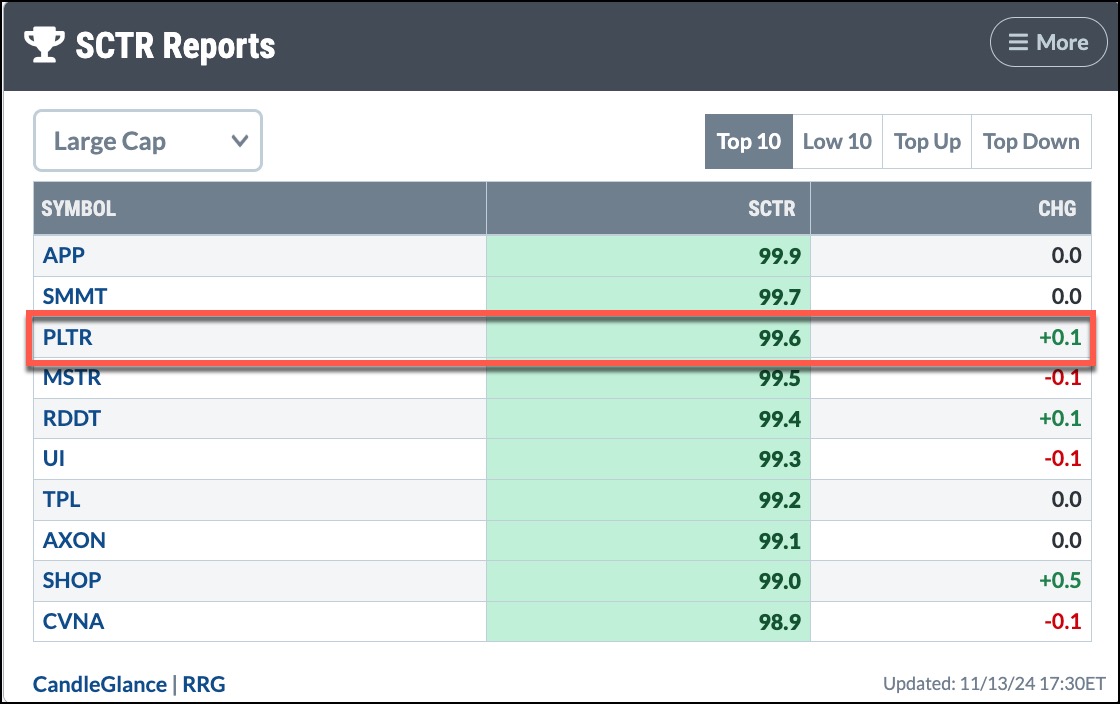Trump's Houthi Truce: Shippers Remain Skeptical

Table of Contents
Security Concerns Remain High Despite the Truce
While the truce has brought a temporary reduction in hostilities in some areas, significant security concerns remain for the shipping industry operating in the Red Sea. The ongoing conflict in Yemen, even outside the scope of the truce, presents a persistent threat to shipping lanes.
Continued Yemeni Conflict Risk
- Recent Incidents: Sporadic clashes and attacks continue to occur near vital shipping routes, highlighting the fragility of the peace. Reports of drone attacks and missile strikes near key ports remain a constant worry.
- Potential Escalation Points: The ongoing political instability and the complex power dynamics within Yemen create the potential for a renewed escalation of the conflict at any time, jeopardizing the truce. This volatility directly translates into heightened maritime risk assessment.
- Humanitarian Crisis Impact: The humanitarian crisis in Yemen continues to severely strain resources and infrastructure, indirectly affecting shipping operations through port congestion, reduced efficiency, and the potential for opportunistic criminal activity. This adds another layer of complexity to Red Sea shipping security.
Enforcement Challenges and Lack of Trust
The effectiveness of the truce hinges on its enforcement, which presents significant challenges. A lack of trust among stakeholders, particularly between the Houthi rebels and the internationally recognized government, hinders its success.
- Instances of Violations: Allegations of truce violations, including attacks on shipping vessels and interference with navigation, continue to erode confidence in the agreement's longevity.
- Lack of Clear Monitoring Mechanisms: The absence of robust and impartial monitoring mechanisms makes it difficult to verify compliance and hold violators accountable, creating further uncertainty for shippers.
- Concerns about Houthi Capabilities: The Houthi rebels' possession of advanced weaponry, including drones and missiles, raises concerns about their ability to disrupt shipping lanes even during periods of relative calm. This affects the reliability of truce adherence.
Economic Uncertainty and Insurance Costs
The persistent security risks directly impact the economic viability of shipping through the Red Sea. This is most evident in the increased costs associated with marine insurance and the potential for trade route disruptions.
Impact on Insurance Premiums
The perceived heightened risk has resulted in a significant increase in marine insurance premiums for vessels transiting the Red Sea.
- Higher Insurance Premiums: Shippers face substantially higher insurance costs, adding significantly to the overall cost of transporting goods.
- Increased Logistical Costs: The uncertainty necessitates additional security measures, leading to increased logistical costs, such as enhanced vessel security and longer transit times.
- Impact on Overall Shipping Costs: The combined impact of higher insurance and logistics costs increases the final price of goods, potentially affecting global supply chains. This contributes to rising risk assessment shipping costs for businesses.
Trade Route Disruptions and Delays
The continued potential for disruptions to Red Sea shipping lanes leads to delays and uncertainties in the delivery of goods.
- Examples of Past Disruptions: Previous conflicts have demonstrated the potential for complete closures of shipping lanes in the region, causing significant disruptions to global supply chains.
- Potential Bottlenecks: Even without complete closure, the fear of attacks or incidents can cause delays and bottlenecks, resulting in extended transit times and increased costs.
- Impact on Global Supply Chains: The uncertainty surrounding the Red Sea route's stability significantly impacts global supply chain resilience, forcing businesses to seek costly alternatives.
Alternative Routes and Increased Costs
The uncertainty surrounding the Red Sea route has led to a search for alternative shipping lanes, albeit with significant implications for costs and efficiency.
The Search for Safer Alternatives
Shippers are increasingly exploring alternative routes, often significantly longer and more expensive.
- Examples of Alternative Routes: This often involves longer journeys around the Cape of Good Hope, adding considerable distance and fuel costs.
- Increased Fuel Costs: The longer distances associated with alternative routes lead to significantly higher fuel consumption, increasing operational expenses for shippers.
- Impact on Delivery Times: Extended transit times result in increased delivery times, potentially disrupting just-in-time supply chains and affecting business operations. This impacts shipping logistics across multiple industries.
Impact on Global Trade and Supply Chains
The instability in the Red Sea region and the uncertainty surrounding the Trump's Houthi truce have broader implications for global trade and supply chains.
- Impact on Specific Goods: The increased cost and uncertainty affect the prices of imported goods relying on the Red Sea route, particularly those highly sensitive to delivery times.
- Ripple Effects on Global Markets: Disruptions in the Red Sea can have significant ripple effects throughout global markets, leading to price increases and shortages of essential goods.
- Long-Term Economic Consequences: Continued uncertainty could stifle investment and economic growth in the region and hinder global trade flows in the long term, creating a lasting economic impact. This necessitates ongoing international trade monitoring and response.
Conclusion: Assessing the Long-Term Viability of Trump's Houthi Truce for Shippers
Despite the truce, persistent security risks, economic uncertainties, and a lack of trust continue to plague the Red Sea shipping industry. Shippers remain justifiably cautious about the truce's longevity, hesitant to fully rely on the region until significant improvements are made in security and enforcement mechanisms. The ongoing search for alternative routes underscores the significant economic burden imposed by the ongoing uncertainty. To better understand the future of Red Sea shipping and the lasting impact of the Houthi truce, it's crucial to stay informed by following reputable news sources and industry analyses focusing on the Houthi truce impact on shipping and the assessing the Houthi truce's overall effectiveness.

Featured Posts
-
 Analyzing Palantir Stock Investment Opportunities Before May 5th
May 10, 2025
Analyzing Palantir Stock Investment Opportunities Before May 5th
May 10, 2025 -
 A Data Driven Analysis Of New Business Hotspots Across The Country
May 10, 2025
A Data Driven Analysis Of New Business Hotspots Across The Country
May 10, 2025 -
 Hl Altdkhyn Athr Ela Njah Ashhr Laeby Krt Alqdm
May 10, 2025
Hl Altdkhyn Athr Ela Njah Ashhr Laeby Krt Alqdm
May 10, 2025 -
 Nigel Farages Reform Action Or Just More Rhetoric A Critical Analysis
May 10, 2025
Nigel Farages Reform Action Or Just More Rhetoric A Critical Analysis
May 10, 2025 -
 The Impact Of Trumps Policies On Transgender Rights
May 10, 2025
The Impact Of Trumps Policies On Transgender Rights
May 10, 2025
